I Have Mixed Feelings About My Nose Job — 'It's Racial, It's Gendered, It's Complicated'
Even two decades and thousands of dollars later, I still feel conflicted about my nose.
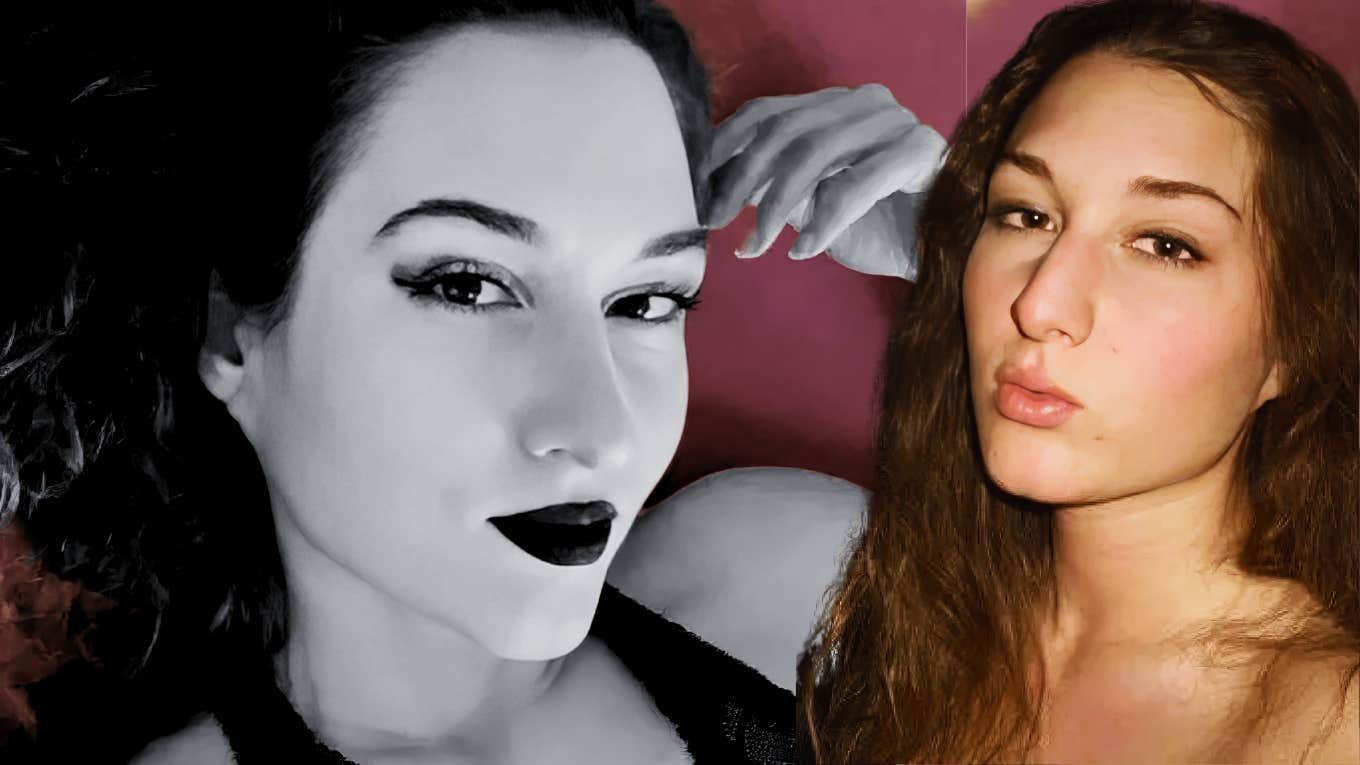 Courtesy Of Author
Courtesy Of Author I had plastic surgery when I was 21. Having turned 40 this summer, this means I’ve had my “new” nose for nearly half my life thus far. I’ve had this nose longer than I ever had the old one, given that noses only reach their adult size and shape in adolescence.
Yet even two decades and thousands of dollars later… I still feel conflicted about my nose job.
My surgeon isn’t the issue. He was great. Yes, I still have a few nose-related insecurities, even post-op, but when you consider that even celebrities — famous for their beauty — cycle through multiple noses themselves, I guess it’s not so unusual to harbor dissatisfactions after a rhinoplasty, no matter how nice the result.
The more I reflect on my post-op nose, though, the more I realize that the details I still dislike about it reflect the very same Eurocentric beauty biases that made me feel inadequate enough to go under the knife years ago in the first place. Those biases are also why I feel conflicted about ever having had this surgery at all. Here’s my story.
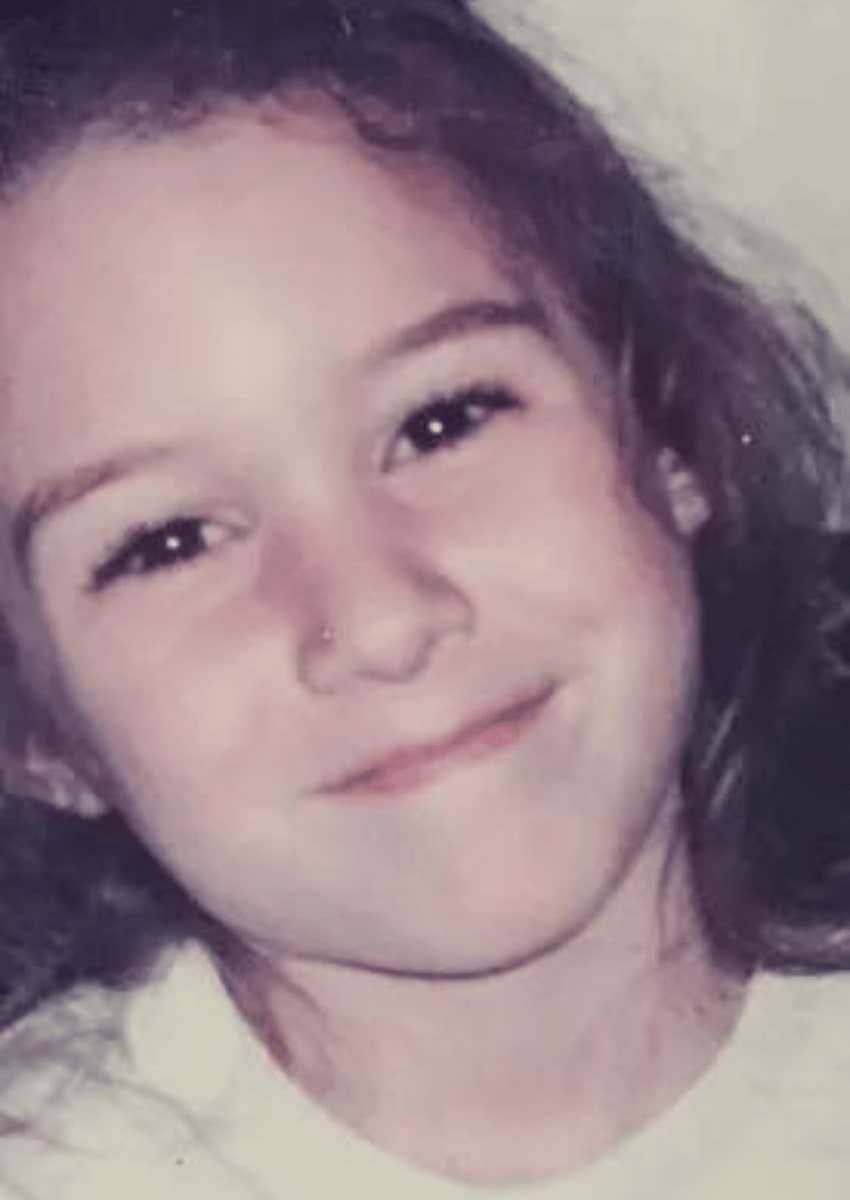 Photo from Author
Photo from Author
I was six or so the first time I remember disliking my nose.
One afternoon at school, I simply noticed I could see my nasal bridge while staring straight ahead. I hadn’t yet been goose-stepped into the “beauty box” by that age, so I didn’t think my nose was “ugly” yet. I was just annoyed that the very centerpiece of my face was so prominent that I could see it constantly.
The more I grew, my nose did too, and my teenage self began to fear that this made me look hopelessly “masculine;” it was becoming all the things that (white) women’s noses are expected not to be: Large. Broad. Convex. Tilting downward when I smiled. Big noses were all over my family tree, but this knowledge gave me no consolation.
Now, I could simplify everything about my roots and just say, “I’m white,” — but that wouldn’t be enough of the truth. Race and ethnicity are hugely relevant to this story. For now, let’s just say I’m “ambiguously” white enough that I’ve gotten the “But where are your parents from?” question since my school days.
Alas, puberty brought more than just a big nose: it also brought facial hair and the revelation that I had a breast deformity. There I was, on the cusp of womanhood, watching the chasm expand between how society says women “should” look and how I looked.
This became a source of such deep angst that I spent the first seven years of my romantic history settling for abusive men. I felt like a physical disappointment, a “lesser” female specimen, so I just accepted their disrespect.
We don’t tend to assume cis people can have gender-dysphoric feelings, but if feeling so pained about not “measuring up” to your gender physically that you doubt your very value (and make self-damaging choices as a result) doesn’t qualify, then I don’t know how else to explain it.
When I was coming of age at the turn of the millennium, we didn’t have much race- or gender-critical awareness about beauty standards. So, I just succumbed to those standards instead.
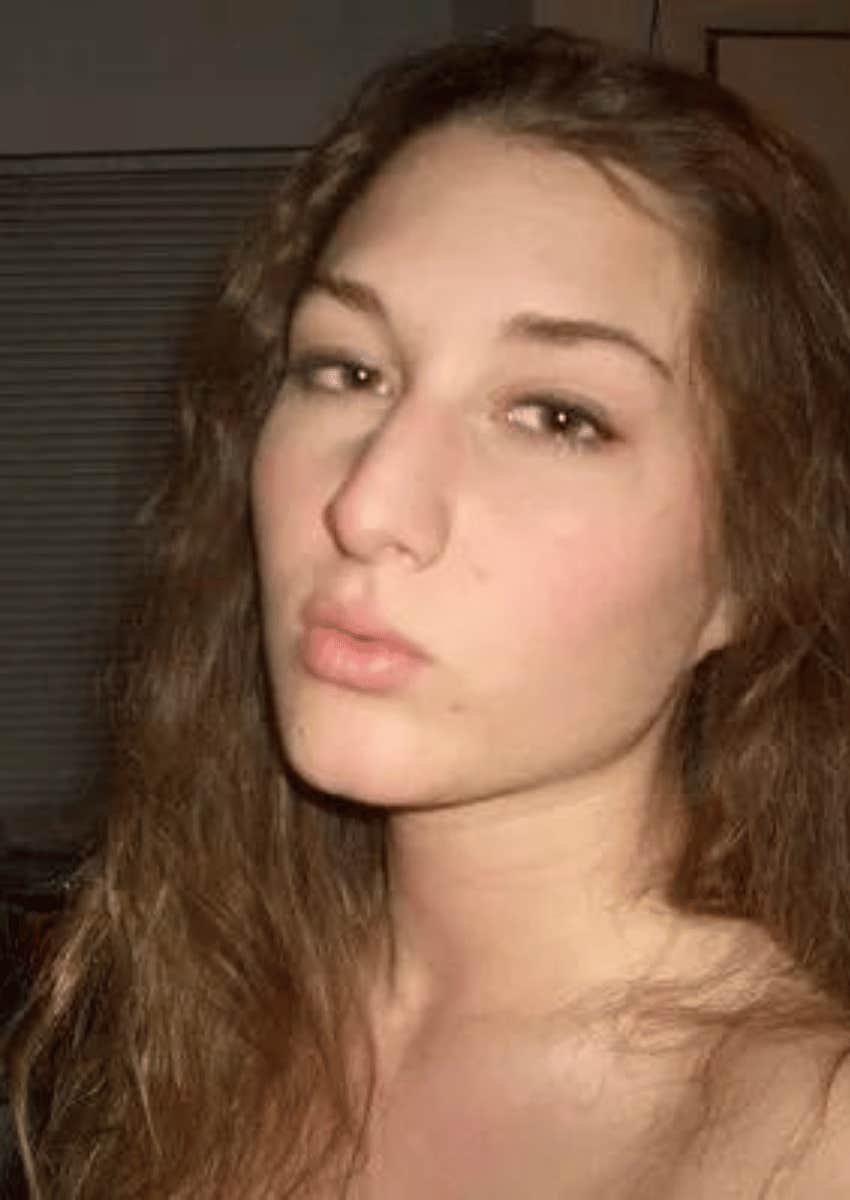 Photo from Author
Photo from Author
This is why having plastic surgery at age 21 — to “fix” my breast deformity and reshape my nose — was life-changing.
Finally, feeling more “feminine,” “whole,” and therefore “valid” as a woman, I found the self-esteem boost I needed to break my cycle of settling for abusive men. This fact might very well have saved my life. I cannot regret this. Yet, while my gratitude for my post-op breasts is straightforward (no more deformity, yay!), my feelings about my nose are more nuanced.
Sure, I was thrilled that it no longer sat permanently within my line of sight and that my eyes, lips, and cheekbones — the most common features for women to highlight with makeup — seemed to “pop” now that my nose was smaller. I still love all of this, all these years later. But I’m sad that I thought my face needed to be changed at all.
For one… I define beauty much more expansively now, at 40, than I did in my formative years. This is partly just the impact of maturity and experience. It’s also, in part, a function of the fact that today’s world has more diverse media representation than the whitebread Y2k days in which I came of age. I don’t see big noses as ugly, and I regret having judged myself so harshly back then. Why did I judge myself so harshly, though?
One exchange with my surgeon always comes to mind for its irony: in a pre-op consultation, I explained to him that I wanted a nose that reflected my ancestry and “fit” the rest of my face — not the elven type that was standard for nose jobs at the time. He pointed to his nose and grinned, reassuring me that, as a Jewish man, he fully respected the value of ethnic rhinoplasty and wouldn’t erase my roots. Why was this ironic?
I was Jewish too — and I had no idea. I only learned it when a DNA test at age 30 revealed that the grandma I resemble, to an uncanny degree, had a fully Jewish father: a fact lost to us when she was adopted. Suddenly, a lifetime of people assuming, at a glance, that I was Jewish made all the sense in the world. It upset me to realize that my youthful insecurities about my nose might have owed to the deep-seated, ancient impacts of antisemitism.
I like the fact that total strangers have read me as Jewish all along. I embrace this heritage. If I’d known about these roots, would I have been so inclined to reject my very face? The DNA test also revealed a substantial proportion of genetic markers typical to non-European populations, likely thanks to the Mediterranean half of my family. No wonder our noses defied Eurocentric “ideals.”
Consider also this: Of my eight biological great-grandparents, only one was of Northwest European descent (British, German, Swedish). The rest were Italian, Eastern European, and Ashkenazi. I was stunned when, years after my surgery, while studying migration in grad school, I learned that Italians and Eastern Europeans were so reviled that they inspired the first immigration quotas in the United States. Even into the 21st century, I’ve heard “jokes” denigrating both these latter groups — and I can list at least four different slurs I’ve heard for Italians.
How much more might I have appreciated my nose as a beautiful ethnic inheritance if I’d had any awareness that the narrow “ideals” against which I felt so lacking…. never applied to me to begin with? If I had known that Western beauty standards were historically welded to “whiteness” — and whiteness was a standard against which most of my ancestors were held?
Would I have rejected my nose so violently as to pay for it to be sliced open, fractured, and chiseled at — for “beauty’s” sake? I’m not convinced.
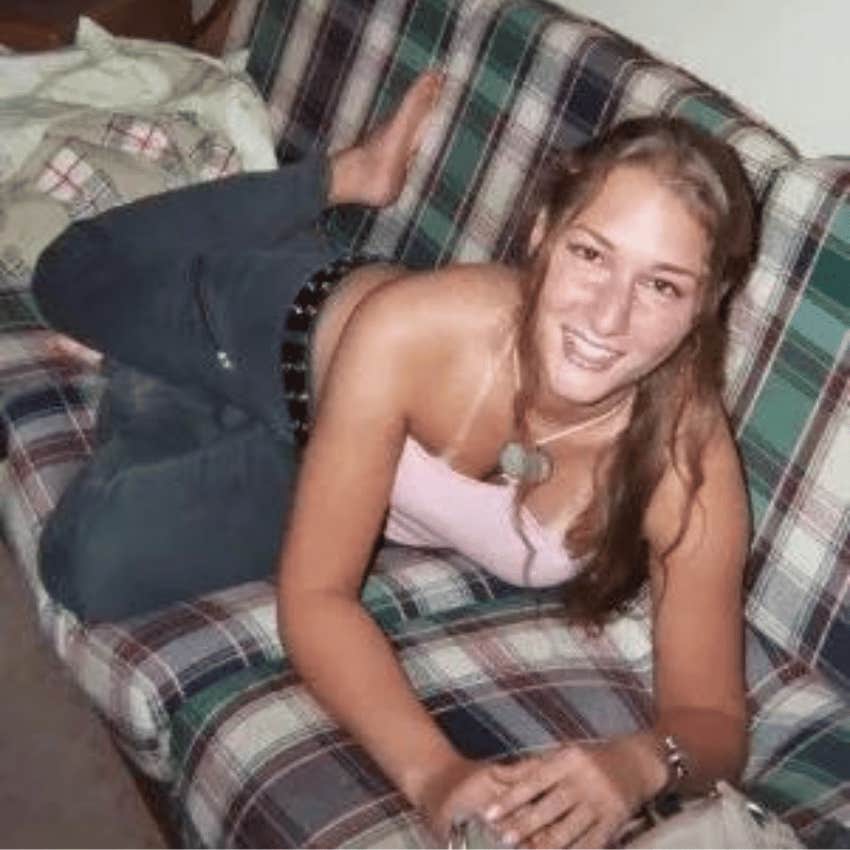 Photo from Author
Photo from Author
I see now how ethnic and racial biases made me reject myself. I also see gender more expansively now than I did as a teen in the nineties and the aughts.
In a pre-op consultation, I also told my surgeon that I liked a lot about my nose, despite my unhappiness with its size. He conceded: “It’s a very nice nose — for a man.”
These words weren’t an insult; they were an expert professional assessment delivered in a caring tone. My surgeon was a compassionate guy. As he went on to explain the gendered geometries of noses (and what made mine “masculine”), he was validating the beauty of this feature while, respectfully, also validating my dysphoric feelings about it. (Indeed, my brother and grandfather have the same nose I did, and it looks great on guys!)
Here again, though, my adult self sees how the mere notion of “what makes a nose feminine?” is loaded with ethnic and racial bias: I recall living in Ecuador at age 19, where men pursued me so doggedly that I came home with PTSD. Locals told me I resembled the women from the south of their country — and that my nose was partly why. In other words, in a heavily Indigenous country, I was seen as both “one of us” and a show-stopping beauty. Proof that my insecurities about my “masculine” nose were, again, white hegemony in action.
The presumption that “womanhood” is most properly white and that all characteristics — physical or otherwise — that deviate from (Northwest European) white norms are “less than” feminine is another manifestation of racism. In reality, anyone who identifies as a woman is valid just as she is.
Perhaps you think it’s problematic to gender a feature like a nose — but facial feminization surgery tends to involve rhinoplasty precisely because gendered presumptions about facial features are so deeply ingrained in us all.
So, on the one hand, we can all condemn me, a cisgender woman, for having had surgery in pursuit of a more “feminine” face. Anytime any person opts to conform to a hegemonic beauty ideal (of race, of gender, of any sort), they are complicit in reinforcing it and, thus, adding to the weight that it bears upon the next person.
I participated in this oppression by having surgery, I guess. At the same time, though, I refuse to feel guilty about having sought a more “feminine” nose because why should anyone who wants to look more “feminine” (by the standards of their culture and their era) not be allowed to? Regardless, if we lived in a society wherein beauty was free from such rigidly gendered categories, I may never have felt “unfeminine” about my nose at all.
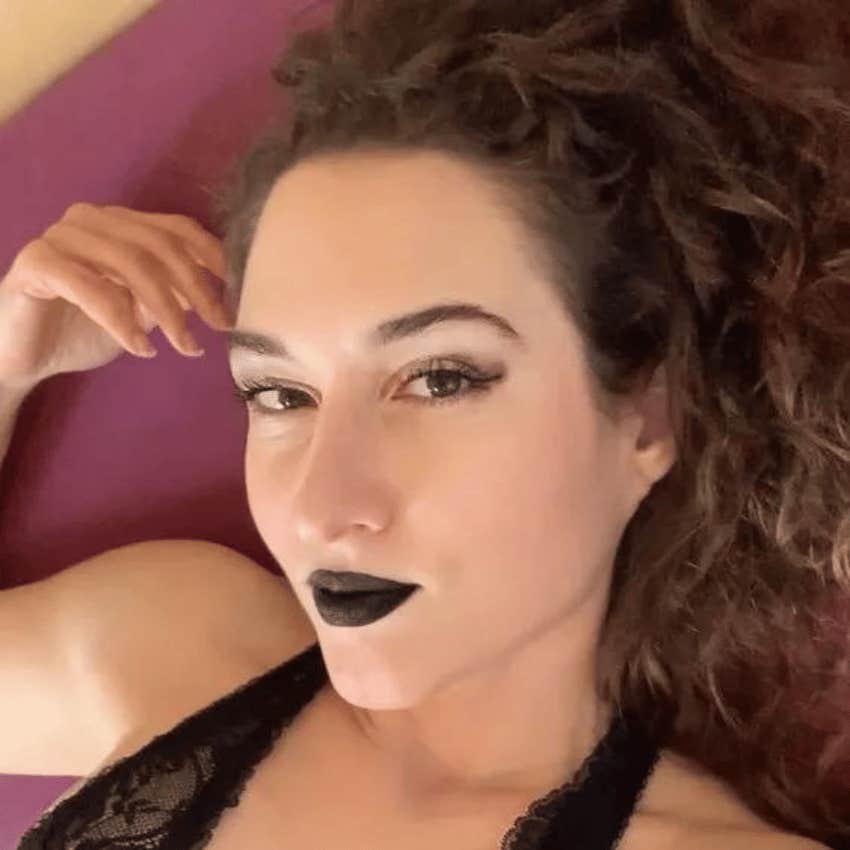 Photo from Author
Photo from Author
Beauty standards are arbitrary by nature, shifting across place and time. Their very arbitrariness makes the grief they cause us pointless. Yet even a pointless emotion can be real in its impact.
Consequently, so can the measures we take to heal those emotions. This is why some of us experience such profound empowerment simply by changing our looks. It’s a shame that any of us ever feels a need to, but it’s not a shame to honor what we feel, deep down, we need. Everyone deserves to be at peace within their physical self.
The patriarchy tends to equate “beauty” with femininity — and therefore to denigrate our concerns about it. This is why the patriarchy both expects beauty from women (as a way to “please” the male gaze and show our submission to it) and simultaneously condemns beauty as a “shallow” or even “immoral” pursuit.
There’s no way, thus, to escape the patriarchy’s judgments about your relationship with beauty. Whether you reject it wholesale or you’re willing to go under the knife to chase it, some people will insist that your choice is wrong: wrong for not being “beautiful enough” (by their standards) or wrong for being beautiful in whatever way you choose to be.
Yet therein lies the paradox: any choice you make, therefore, is also a rebellion. Carry on, you rebels, you.
